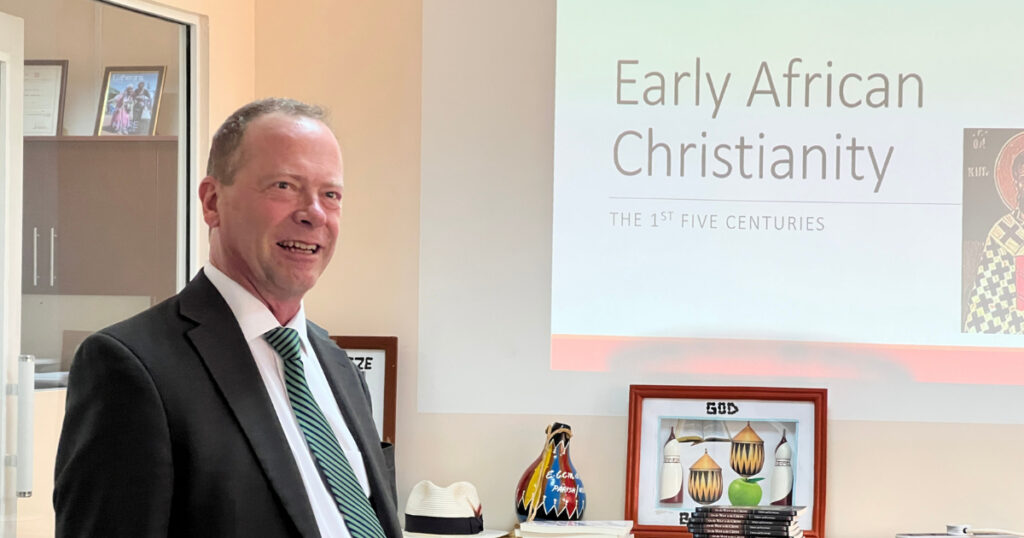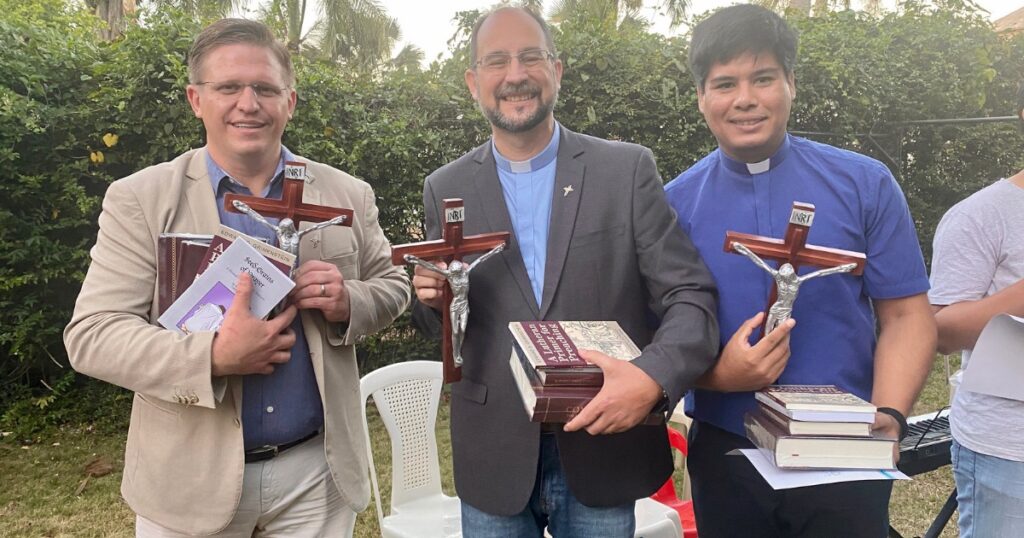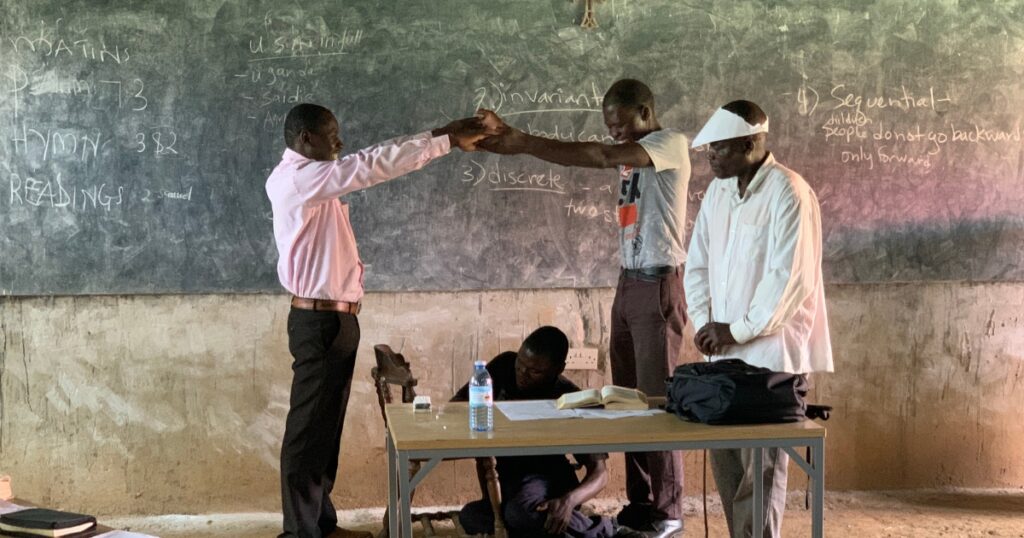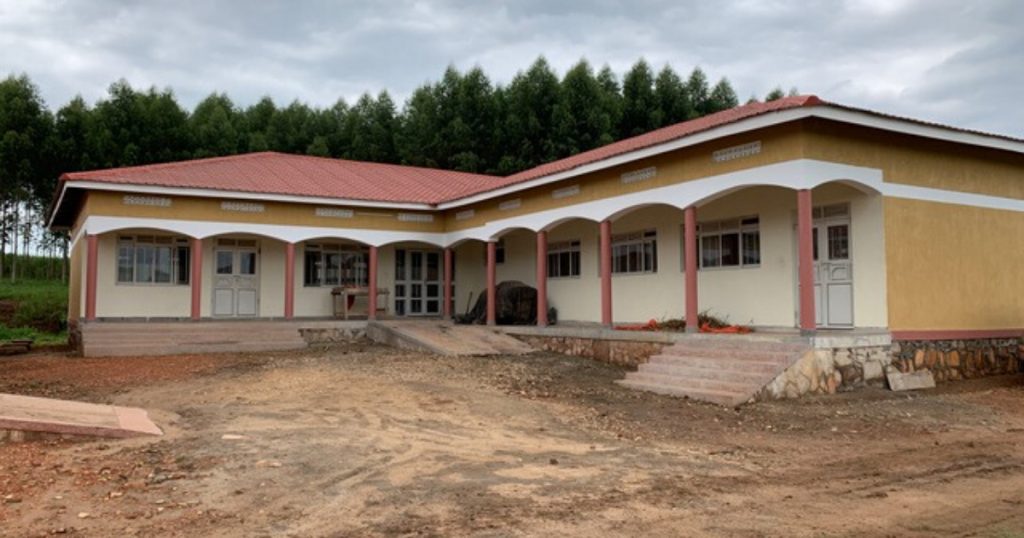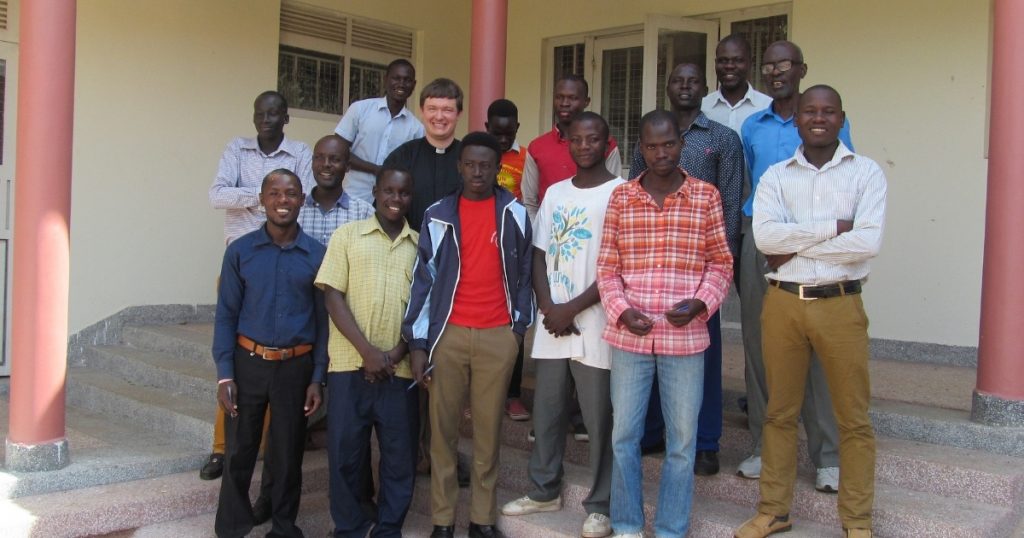Uganda
Summary
The Lutheran Church—Missouri Synod began work in Uganda in 1994 through alliance missionaries from Ghana. Today, the LCMS supports work in Uganda through the Lutheran Church of Uganda, primarily in pastoral formation through their own seminary in the form of residential missionaries, grants, and infrastructure development. The LCMS also supports scholarships to seminaries offering higher credentials and primary school education in Uganda.
Personnel
Meet the international team. We have more than 200 missionaries working around the globe.
Seminaries
Lutheran Theological College Uganda (LTCU)
P.O. Box 565 Jinja
Magamaga, Iganga, Uganda
